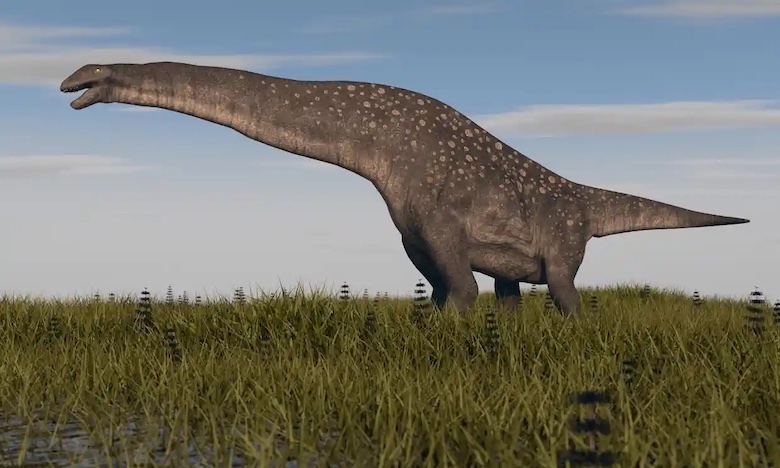Last week, for the first time since the pandemic started, I went into a public place without wearing a mask. It was the occasion of some friends of mine visiting from out of town and the five of us went to a restaurant. It felt a little strange at first to be without a mask but the restaurant was only about half full and there were no people at the adjacent tables.
I am one of the few holdouts who are still wearing masks. But health experts are warning that we seem to be heading for some months where cases will rise for three kinds of viral infections (Covid-19, Respiratory Syncytial Virus (RSV), and flu) and are recommending that people wear masks again in certain situations. This is going to be a hard sell since most people around the country (and apparently the world) have given up on them and live as if infectious diseases are things of the past.
But others share my concern.
[Read more…]

